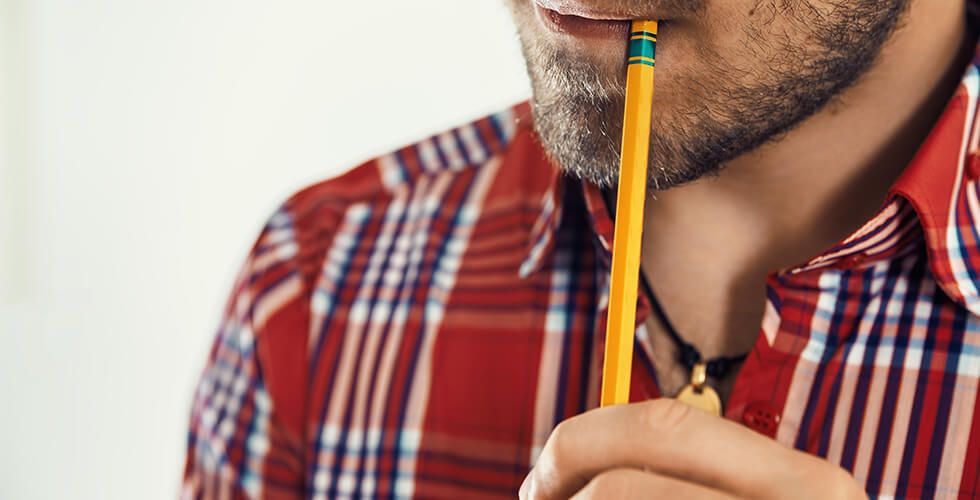
It’s a nervous habit, a thinking aid, or simply something you’ve done since grade school — chewing on a pencil. But while it might seem harmless, gnawing on that trusty No. 2 (or any writing utensil) can have surprising consequences for your health, your teeth, and even your productivity.
Dental Damage
Your teeth are designed for food, not hardened wood or plastic. Chewing on a pencil can chip enamel, crack fillings, and even shift your bite over time. The repetitive pressure can also contribute to jaw strain or temporomandibular joint (TMJ) issues, leading to headaches and discomfort.
Germ Exposure
That pencil may look clean, but it’s been rolling around on desks, floors, and inside pencil cases — all perfect spots for bacteria to gather. Every time you put it in your mouth, you risk introducing germs that could lead to illness. In shared environments like classrooms or offices, the risk is even higher.
Toxic Concerns
Modern pencils contain graphite, not lead, but that doesn’t mean they’re harmless. Paint coatings, eraser compounds, and other materials can contain trace chemicals you don’t want in your mouth. Even “safe” materials aren’t meant for chewing, and ingesting bits over time can irritate your digestive system.
Habit Replacement
Pencil chewing is often linked to stress or concentration. Swapping the habit for something safer — like chewing sugar-free gum, keeping a stress ball handy, or practicing mindful breathing — can protect your teeth while still satisfying the urge for oral stimulation.
Kicking the pencil-chewing habit may take awareness and intentional effort, but the payoff is worth it: healthier teeth, fewer germs, and no embarrassing bite marks on your writing tools. Your dentist (and your co-workers) will thank you.

